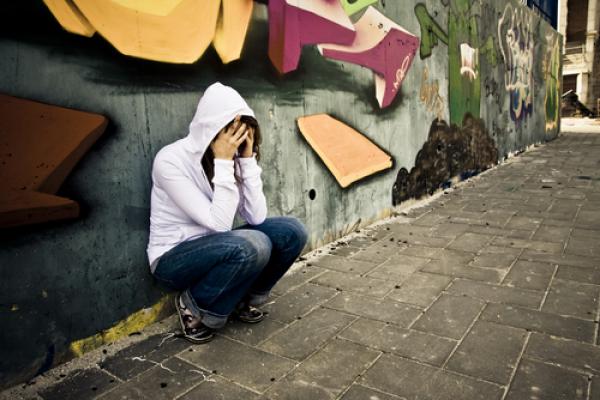How do you love your neighbor when your neighbors sell drugs and exploit young women? I’m serious — this is a legitimate question that I am asking myself a lot lately and I am not sure I have the answer.
Nine years ago my wife and I moved into East Oakland to become a part of a small church community called New Hope and to direct InterVarsity’s Urban Project in the Bay Area. We’ve weathered some challenging experiences: stolen cars, physical assault, hearing a lot of shootings, witnessing a shooting, breaking up domestic violence, seeing a friend’s family torn apart by domestic violence, and endless amounts of trash on the streets. Don’t get me wrong, there is a lot to love about our neighborhood and community, but in recent months I think I’ve reached my limit.
The family that recently moved in across the street is friendly. The folks hanging out on the porch and the kids playing tetherball off the street sign honestly do contribute to the vibrant life of the block. But when I saw a total of 12 drug deals go down in broad daylight in the span of three days, loving my neighbor became a lot harder.
Read the Full Article

